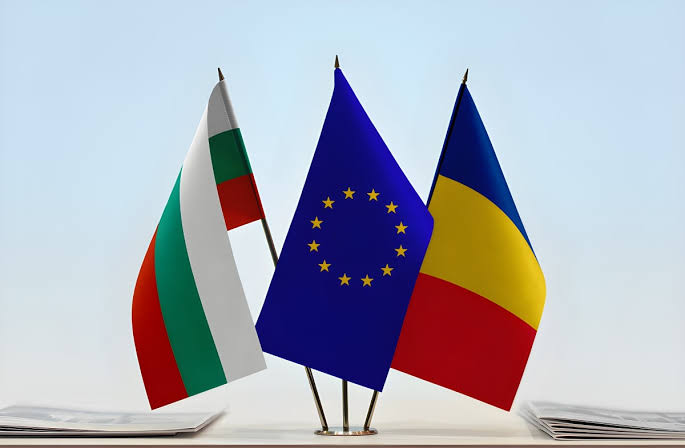
Romania and Bulgaria Achieve Full Schengen Membership
admin
- 0
As of January 1, 2025, Romania and Bulgaria will officially join the Schengen Area as full members. This historic decision allows unrestricted travel across their land borders with other Schengen countries.
The milestone follows the European Union’s announcement on December 12, 2024, to lift remaining land border controls for both nations, marking the end of a prolonged journey toward integration.
A Long Road to Schengen Inclusion
Romania and Bulgaria, EU members since 2007, faced significant delays in their bid to join Schengen.
Although both countries met technical criteria by 2011, concerns about corruption and irregular migration led some Schengen members to block their accession.
Austria, for instance, had vetoed their membership in the past due to migration management issues. However, the tide turned in recent months, paving the way for their full inclusion.
Partial Schengen Integration in 2024
Earlier in 2024, Romania and Bulgaria achieved partial Schengen integration, with air and sea border controls being lifted. The December 2024 decision to remove land border checks finalizes their accession, expanding the Schengen Area to 29 member countries. This development represents a significant step forward in European integration efforts.
European Leaders Celebrate the Decision
The inclusion of Romania and Bulgaria has been widely celebrated across Europe. European Commission President Ursula von der Leyen highlighted the benefits of this expansion, emphasizing its impact on freedom of movement, security, and Europe’s overall competitiveness. Leaders across the EU view this as a testament to the bloc’s commitment to unity and free movement.
Economic Benefits for Romania and Bulgaria
Both nations anticipate considerable economic benefits from their Schengen membership. Romania expects an annual economic growth increase of around 0.5 percentage points, while Bulgaria predicts financial gains of approximately 800 million euros annually. These improvements stem from reduced border delays, which are expected to boost trade, tourism, and foreign investment.
Schengen Area: A Pillar of European Integration
The Schengen Area, established in 1985, promotes free movement across member states by eliminating internal border controls. With Romania and Bulgaria now on board, the area’s reach has expanded further. This accession reaffirms the EU’s dedication to integration despite challenges like security concerns and migration pressures, which have occasionally led to temporary border reinstatements.
